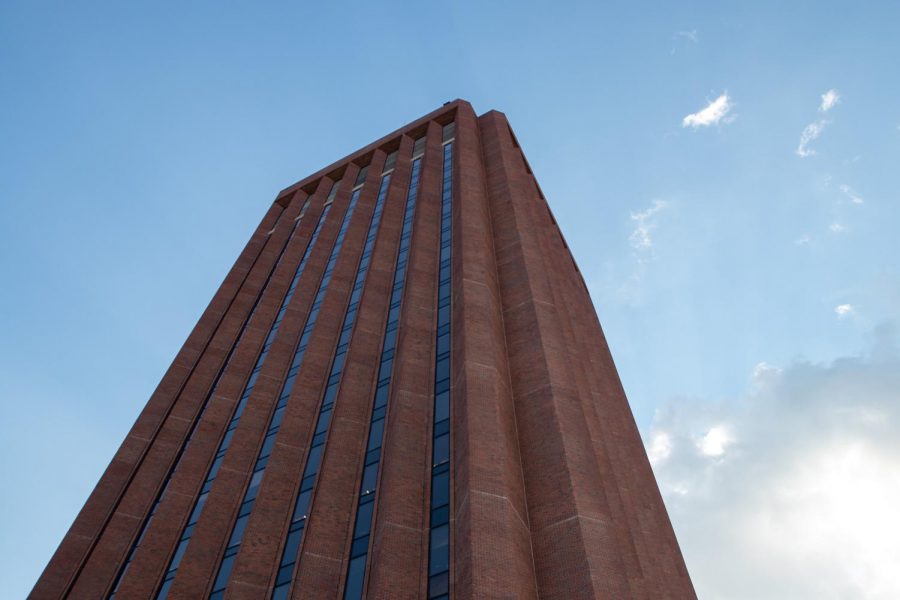The University of Massachusetts announced its plan on Oct. 23 to offer on-campus housing to first-year students, entering transfer students, international students and students with face-to-face classes during the Spring 2021 semester. As these groups “represent approximately 60% of the campus’s typical residential population,” according to Chancellor Kumble Subbaswamy, the University will offer more in-person courses this spring than it did for Fall 2020.
This announcement elicited responses ranging from excitement to concern among University professors. Gerald Friedman, a professor of economics since 1984, said, “if you’re going to bring anyone back to campus, they’re the ones because they’ll benefit the most.”
Friedman, whose “Introduction to Microeconomics” course will remain online this spring, acknowledged that there’s a unique “risk-benefit” that informs if a class is worth having in person. “Personally, I think it depends on the size of the class,” he said, because “a large class is riskier than a smaller class” due to the likelihood of COVID-19 transmission. Friedman also noted “there’s a larger sense of responsibility” to keep each other safe in smaller classrooms.
He admitted that “there’s not much of a loss for my classes” because “there is less personal contact” required for learning in large lectures like his. “As for a chemistry lab, I don’t know how you could do that remote,” Friedman said.
Ruthanne Paradise, a senior lecturer in chemistry since 2011, is excited to teach all her labs in person this spring. Since her labs are “small upper-level classes,” Paradise is more worried about COVID-19 spreading among the increased campus population than in her classes. “The primary risk is coming from outside the classroom rather than inside,” she said.
She explained that her labs have “a lot of safety measures in place,” such as face covering mandates, spaced out lab workspaces and attempts to form “student work pairs that live together” to limit transmission due to partner activities.
Although lab-based courses will mostly be in-person, other science classes will remain online this semester. Jennifer Normanly, the department head of biochemistry and molecular biology, said that “faculty will be discussing what worked well for remote courses this semester and any changes that we might make next semester.”
Paradise explained the challenge of learning how to teach online.“it’s like we’ve all become first-year teachers again.” She said, “I’ve had to think more about clarity and communication,” as conversing with students is much harder remotely.
Friedman shares this struggle, noting that “it takes a lot longer to communicate with students online” because options for communication are limited to Zoom lectures and emails this semester.
“It’s a real shame people are missing out” on the college experience, Friedman said with hopes that all students can return to campus eventually.
Paradise mentioned that one silver lining to adapting her classes to remote this semester is that it “will offer more flexibility to students” in the long term simply because teachers now know how to conduct classes online.
Aidan Poole can be reached at [email protected]. Follow him on Twitter at @aidanmpoole.



















